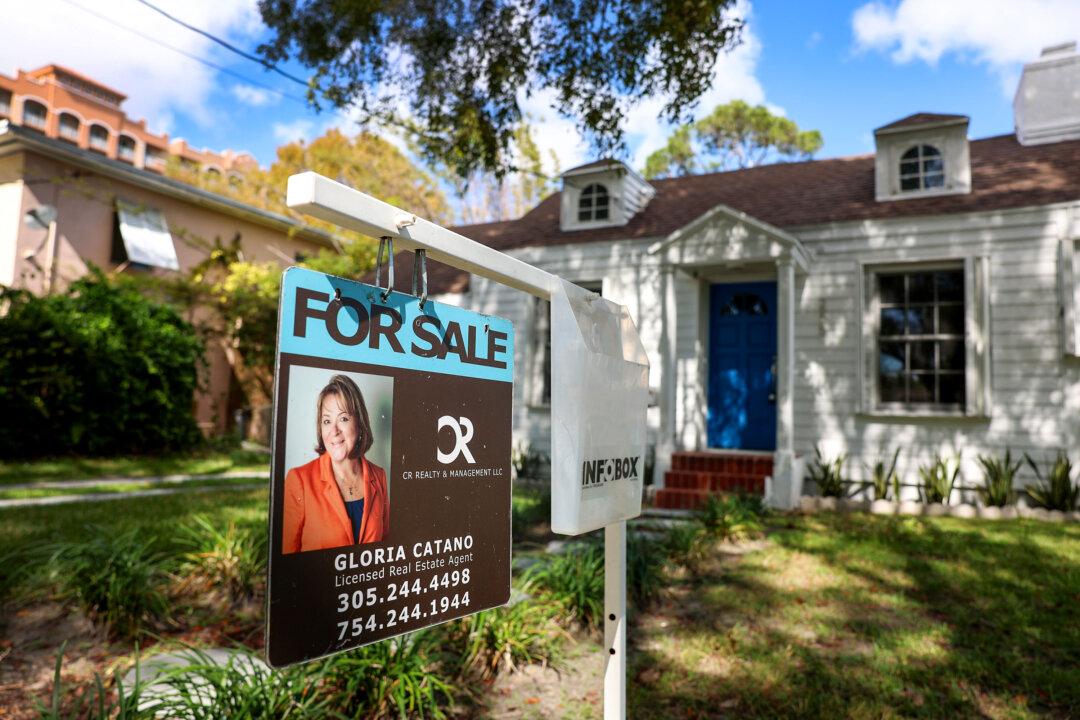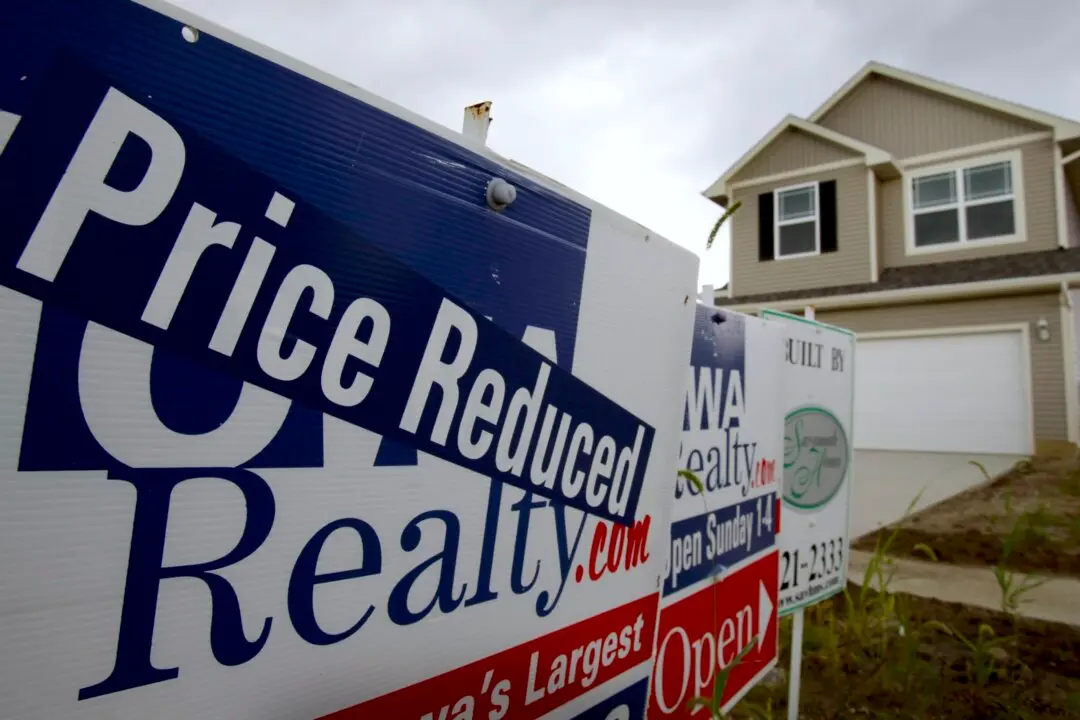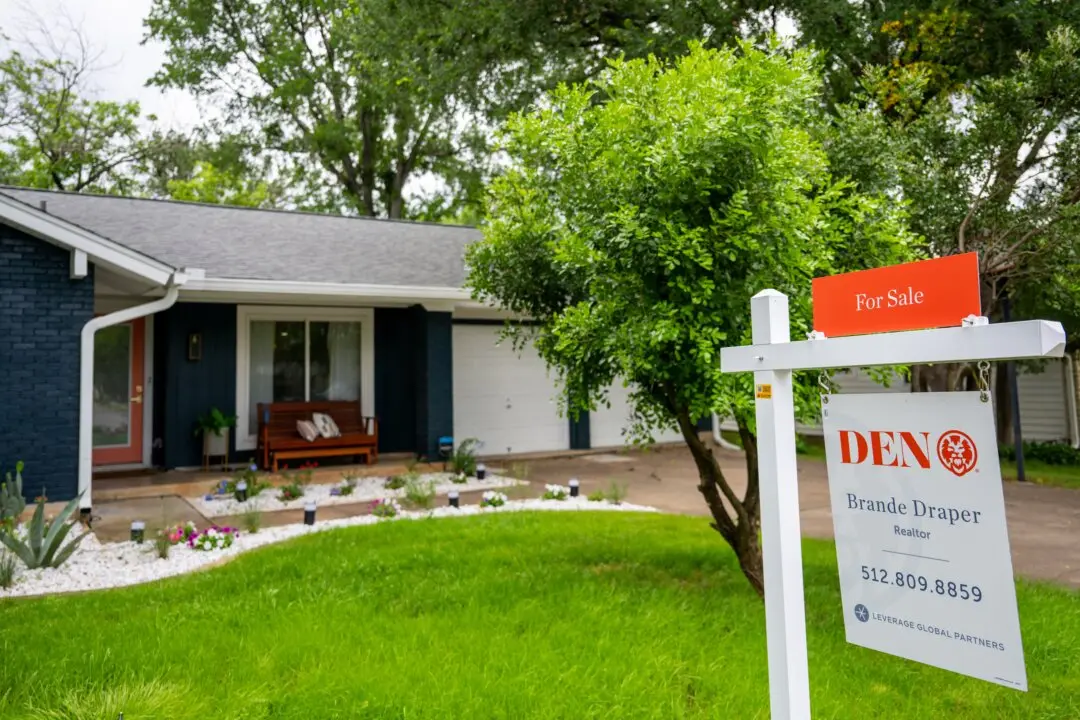Baby boomers (ages 60 to 78) are back as the largest generational group of U.S. homebuyers, replacing millennials (ages 26 to 44).
The baby boomer generation is responsible for 42 percent of all homebuyers, while millennials fell to just 29 percent—a drop of almost 10 percent from last year, according to a new report by the National Association of Realtors (NAR).





